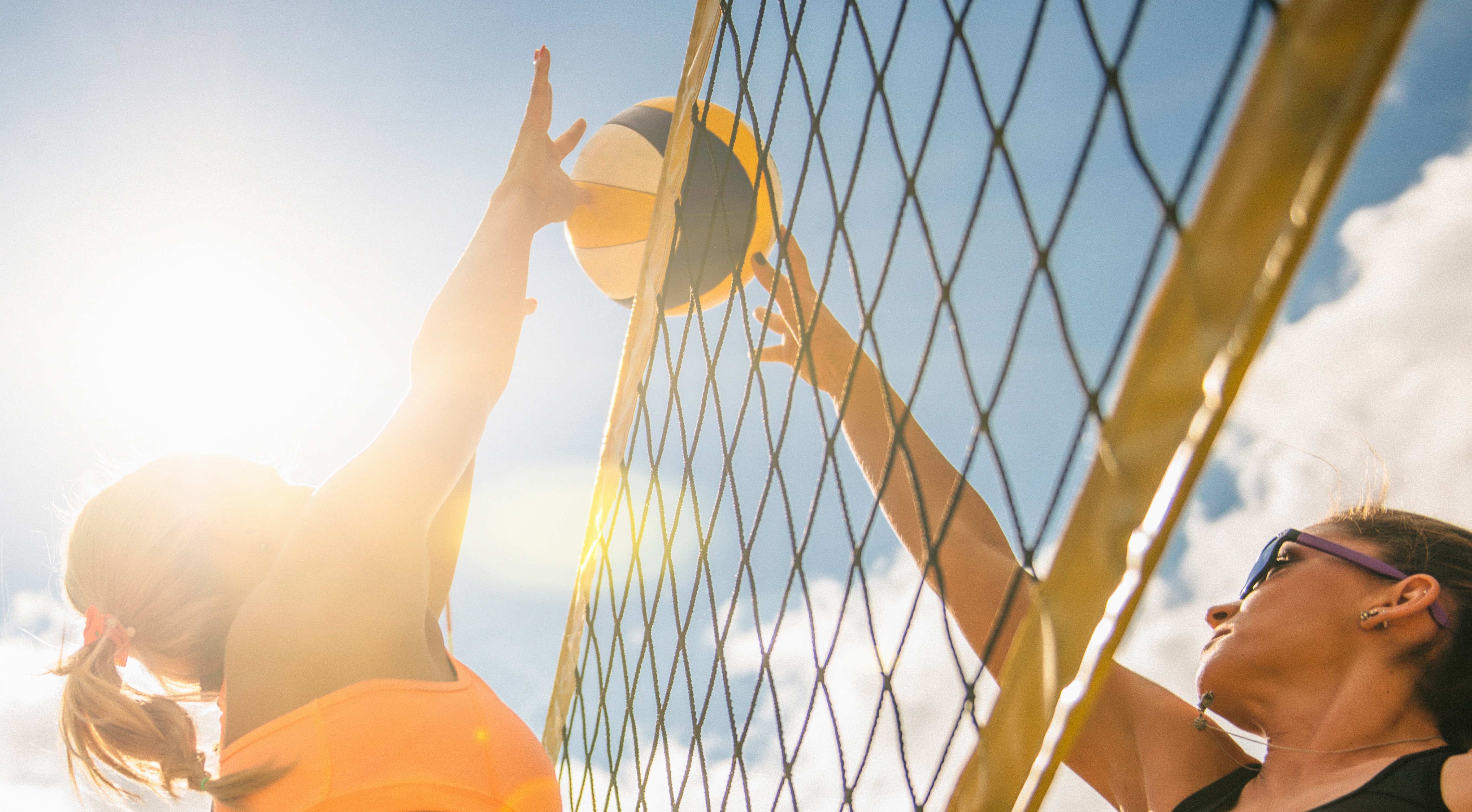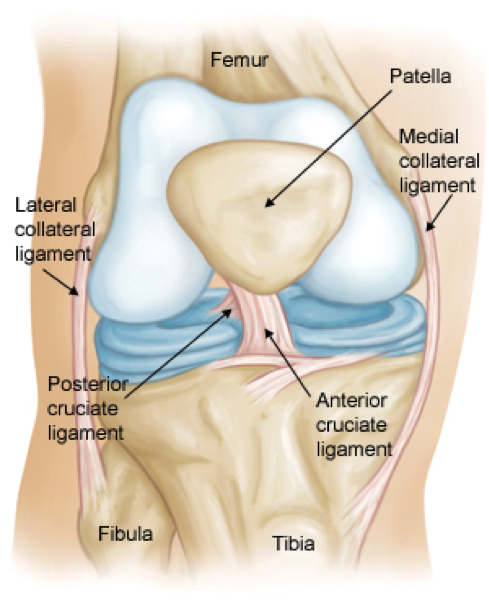Volleyball Psychology: Being mentally ready happens even before you step on the court
With the season in full swing and Junior Nationals upon us it is vital to cover all your bases to give your team the best chance at winning. This is where competition ramps up and each point is vital. The mental aspects and demands upon a player and team quickly accumulate in high pressure moments.
Read MoreThis month’s edition of Sport Psychology focuses on how to coach a team that has made it to the Performance Stage. This is the stage in which the team has come together around a set of goals and norms, allowing them to play as one unit rather than a group of individuals.
Read MoreVolleyball Psychology: 5 Mental Steps to Tournament Success
By Ami Strutin Belinoff, M.A on March 01, 2017
It’s getting close to that time of the season when teams have put in the hours building their strength and conditioning, perfecting skills sets, and running offensive and defensive schemes. The goal is to translate all that practice into tournament-winning volleyball that is not compromised by nerves or mental errors. Coaches should incorporate these simple yet effective mental skills and training principles.
Read MoreThis month’s edition of Sport Psychology rounds out the final stage in the Tuckman (1965) model of team development, the Performance Stage. This is the stage in which the team has come together around a set of goals and norms, allowing them to play as one unit rather than a group of individuals.
Read MoreVitamin D: A Key Player in Bone Health, Sports Performance, & Recovery
By Dr. Emily Kraus on February 13, 2017
With the high amounts of snow and rain this winter, it’s been especially challenging to get outdoors, raising an important question: are you getting enough Vitamin D? Studies have found that 56% of athletes have inadequate Vitamin D levels.1 Vitamin D, commonly referred to as the “Sunshine Vitamin” is not only essential for normal body function, but new research on athletes demonstrates an important role in sports performance and injury prevention. This article will focus on how athletes acquire and metabolize Vitamin D, its effects on performance parameters, bone health and immunity, and the controversy of optimal levels and supplementation.
Read More
This month’s edition of Sport Psychology addresses two potential team issues that coaches can face when teams are just coming together and establishing baseline norms. Here are two case studies that can help guide coaches in how to address these situations.
Read MoreMoving through the stages of team development (Tuckman, 1965), a team will eventually learn to constructively set aside their conflicts and establish important norms of behavior that are unique to the team culture.
Read MoreWhether you’re an athlete, coach, athletic trainer, or just an avid sports fan, you likely know someone with an injury to her or his anterior cruciate ligament (ACL) or you may have been in the unfortunate situation to experience the injury firsthand. ACL injuries are a common sports-related injury with an annual incidence of 120,000, occurring primarily during the high school and college years.1 Even more shocking is that this rate is increasing, especially in females. This article will focus on ACL injuries in the female athlete (although many recommendations can be applied to both sexes), with discussion on the science behind the injury, the debate on management options, and prevention strategies.
Read More
This month’s edition of Sport Psychology addresses two challenging situations that coaches can face with their players who may not have team success as their top priority. Here are two case studies that can help guide coaches in how to address these situations.
As a coach, knowing how to take the right steps to help your team resolve and grow through difficult situations can be the biggest challenge you face. The following examples will demonstrate how to face some hypothetical scenarios where team cohesion was in jeopardy and suggest some steps to help unite your athletes.








